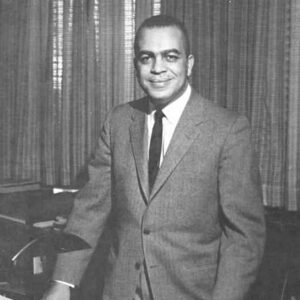 Lloyd Charles Elam
Lloyd Charles Elam
Entry Category: Educators and Administrators
 Lloyd Charles Elam
Lloyd Charles Elam
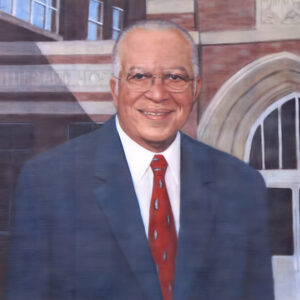 Lloyd Charles Elam
Lloyd Charles Elam
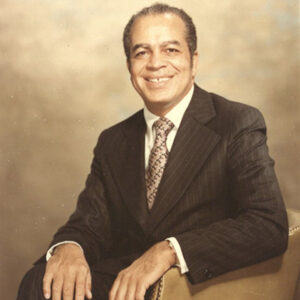 Lloyd Charles Elam
Lloyd Charles Elam
Elrod, Ben
Evans, David L.
Fisher, Isaac
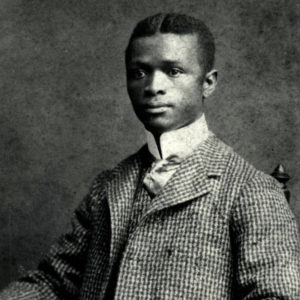 Isaac Fisher
Isaac Fisher
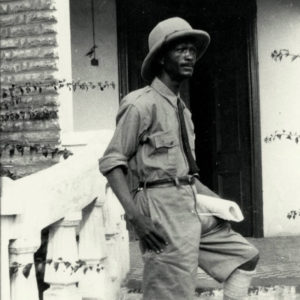 Isaac Fisher in Africa
Isaac Fisher in Africa
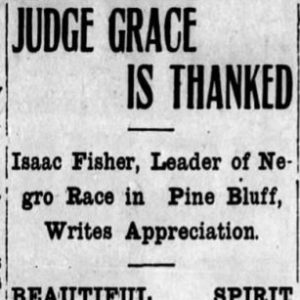 Isaac Fisher Letter
Isaac Fisher Letter
Flowers, Beulah Lee Sampson
Foster, Jeannette Howard
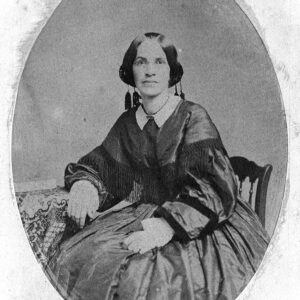 Lucretia Foster
Lucretia Foster
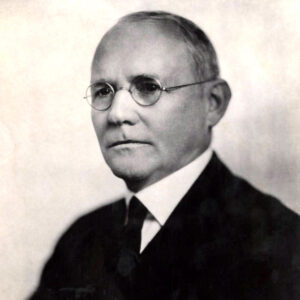 John Clinton Futrall
John Clinton Futrall
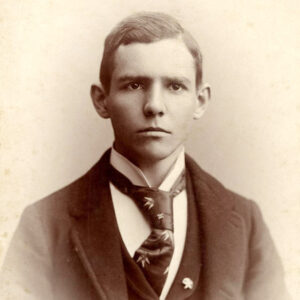 John Clinton Futrall
John Clinton Futrall
Futrall, John Clinton
Gates, Noah Putnam
Gatewood, Willard Badgett, Jr.
Good, Mary Lowe
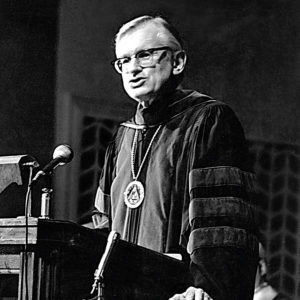 Grant Speaking
Grant Speaking
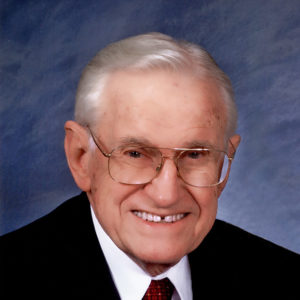 Daniel Grant
Daniel Grant
Grant, Daniel Ross
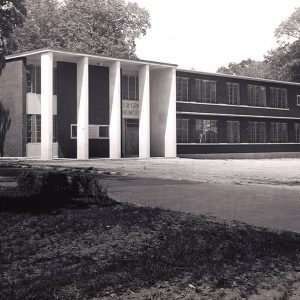 J. R Grant Memorial Hall
J. R Grant Memorial Hall
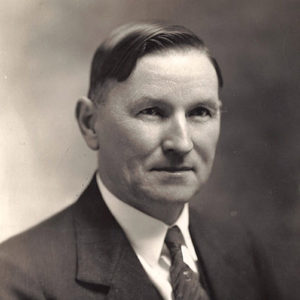 James R. Grant
James R. Grant
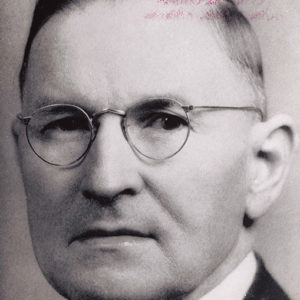 James R. Grant
James R. Grant
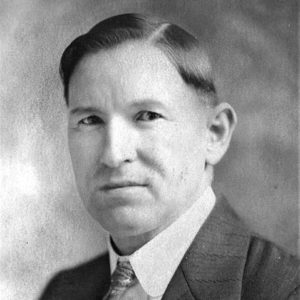 James R. Grant
James R. Grant
Grant, James Richard (J. R.)
Gregg, Lafayette
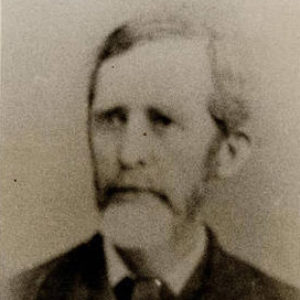 Lafayette Gregg
Lafayette Gregg
Griggs, Mildred Barnes
Halbrook, William Erwin
Hampton, Sybil Jordan
Harding, Arthur McCracken
Harrison, Allie Cleveland
Harrison, William Neal
aka: William Neal Harrison
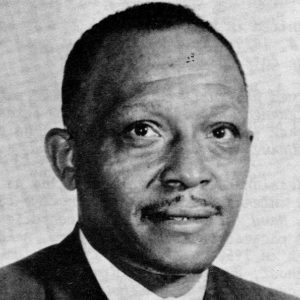 Edwin L. Hawkins
Edwin L. Hawkins
Hawkins, Edwin Luther, Sr.
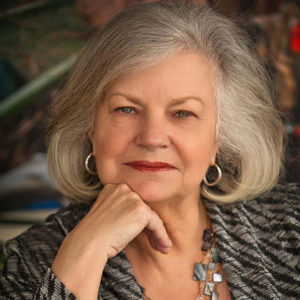 Ruth Hawkins
Ruth Hawkins
Haynes, George Edmund
Hill, Daniel Harvey
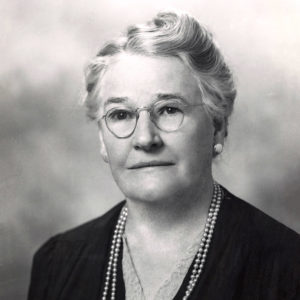 Jobelle Holcombe
Jobelle Holcombe
Holley, Donald
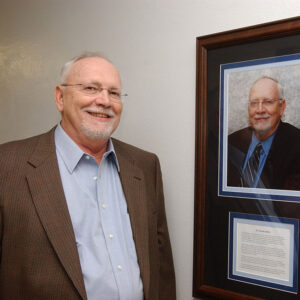 James D. Holley
James D. Holley
Hooper, Philo Oliver
Horton, Zilphia Mae Johnson
Howard, John Miller
Huckaby, Elizabeth Paisley
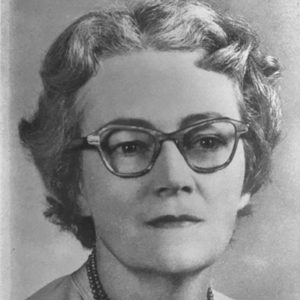 Elizabeth Huckaby
Elizabeth Huckaby




